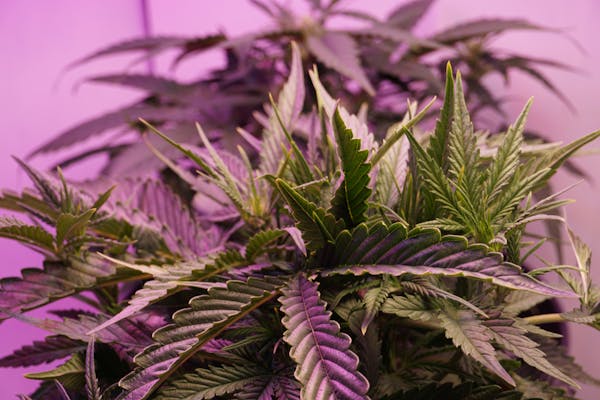Discover the Hidden Benefits of THCa Flower
Discover the Hidden Benefits of THCa Flower
In recent years, the cannabis industry has seen a surge in interest surrounding various cannabinoids and their potential benefits. Among these, THCa (tetrahydrocannabinolic acid) has emerged as a compound of significant interest. Unlike its more famous counterpart, THC, THCa is non-psychoactive, offering a range of benefits without the high. This article explores the lesser-known advantages of Shop trusted THCa Flower brands, providing insights into its potential uses and benefits.
Understanding THCa: The Basics
THCa is a naturally occurring cannabinoid found in raw and live cannabis plants. It is the precursor to THC, the compound responsible for the psychoactive effects of cannabis. When cannabis is heated through smoking, vaping, or cooking, THCa Flower undergoes decarboxylation, converting into THC. This transformation is why raw cannabis does not produce the same psychoactive effects as its heated counterpart.
Non-Psychoactive Nature
One of the primary attractions of THCa is its non-psychoactive nature. This characteristic makes it an appealing option for individuals seeking the therapeutic benefits of cannabis without the high. This aspect is particularly beneficial for those who need to maintain clarity and focus throughout their day.
Potential Health Benefits
Research into THCa is still in its early stages, but preliminary studies and anecdotal evidence suggest several potential health benefits:
- Anti-Inflammatory Properties: THCa has shown promise in reducing inflammation, which could be beneficial for conditions such as arthritis and other inflammatory diseases.
- Neuroprotective Effects: Some studies suggest that THCa may have neuroprotective properties, potentially aiding in the prevention of neurodegenerative diseases.
- Anti-Emetic Benefits: THCa may help reduce nausea and vomiting, making it a potential option for those undergoing chemotherapy or suffering from other conditions that cause nausea.
- Appetite Stimulation: Like THC, THCa may help stimulate appetite, which can be beneficial for individuals dealing with appetite loss due to medical conditions or treatments.
Case Studies and Research
While comprehensive clinical trials are still needed, several case studies and smaller research projects have highlighted the potential of THCa. For instance, a study published in the British Journal of Pharmacology found that THCa exhibited anti-inflammatory properties in animal models. Another study indicated that THCa might have potential as an anti-emetic agent, providing relief from nausea and vomiting.
Consumption Methods
THCa can be consumed in various ways, each offering unique benefits:
- Raw Consumption: Consuming raw cannabis leaves or flowers in smoothies or salads preserves THCa in its natural form.
- Tinctures and Oils: These products allow for precise dosing and can be added to food or taken sublingually.
- Topicals: THCa-infused creams and balms can be applied directly to the skin for localized relief.
Legal Considerations
The legal status of THCa varies by region. In many places, THCa is not classified as a controlled substance, given its non-psychoactive nature. However, it’s crucial to stay informed about local laws and regulations, as they can change rapidly.
Consumer Experiences
Many consumers have reported positive experiences with THCa products. Users often highlight the compound’s ability to provide relief from pain and inflammation without the psychoactive effects associated with THC. These testimonials underscore the potential of THCa as a versatile and beneficial cannabinoid.
Future Prospects
The future of THCa research looks promising. As interest in cannabis-derived compounds grows, more studies are likely to explore the full range of THCa’s benefits. This research could lead to new therapeutic applications and a deeper understanding of how THCa interacts with the body’s endocannabinoid system.
Conclusion
THCa flower offers a unique set of benefits that distinguish it from other cannabis products. Its non-psychoactive nature, combined with potential health benefits, makes it an attractive option for those seeking alternative therapeutic solutions. As research continues to unfold, THCa may become a cornerstone in the world of cannabinoid-based therapies, offering new hope and possibilities for individuals seeking natural remedies.

